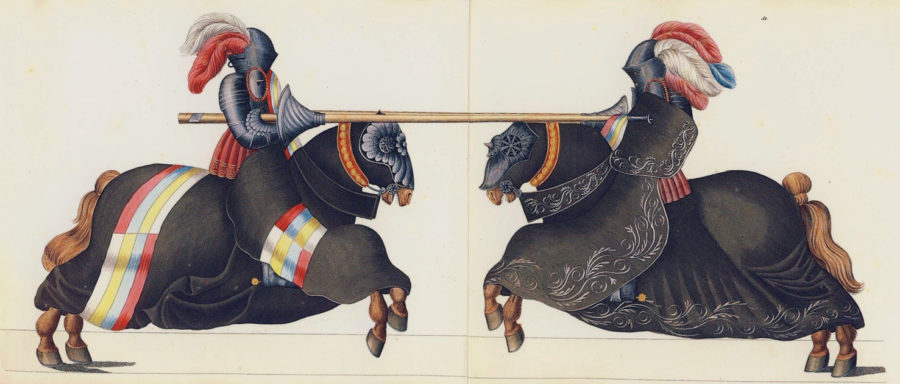Snell: The lost art of manliness
February 1, 2012
Zealous proponents of political correctness and the man-hating variety of femi-Nazis get all hot and bothered when the subject of manliness comes up. Manliness carries with it a set of stereotypes, many of which change actual manliness into its unsavory and repugnant cousin, male chauvinism, which justifiably attracts the ire of those sensitive to such things.
Most things in life are misunderstood these days it seems and manliness is no different.
Manliness now appears to be thought of as some sort of sexism, an outmoded way of male behavior or a belief system, or is otherwise shrouded in other stereotypes. The mention of a man who is “manly” is often done in ridicule and tends to generate mental images of a muscle-bound, football-watching, beer-drinking, Marlboro-smoking, Playboy-reading, gear head who drives a big truck.
None of these things is manly.
One can certainly be manly and enjoy sports or working on cars; however, these things don’t define manliness. Ironically, men seem to misunderstand manliness as much as women, and I think many men have forgotten what being a man is all about. There are certainly pressures for men to not be men.
I wouldn’t go so far as saying it’s a conspiracy, or even that it’s done on purpose, but there are elements of society that confuse and muddle the waters of manliness. For example, most sitcoms feature female main characters that are beautiful and intelligent, and the male characters are slovenly, daft and often overweight, reducing a man to an object good only for moving heavy stuff.
The wife on one such show revealed it nicely when she said, “Your grandfather fought in World War II, your father fought in Vietnam, but you play video games and use a pomegranate body wash.”
So what is manliness?
When asked that question, most people struggle and eventually bring up chivalry. Chivalry is definitely part of a good answer, though I suspect most don’t know why. The chivalric code of the knights of old embodied many of the qualities of manliness. It stood for courage, a sense of justice, honor, integrity and courtesy. These things are most definitely manly.
It’s hard to be courageous. Courage implies the possibility of failure or rejection, which are the greatest fears of a man. Doing the right thing, to be just, when all others around you are doing something else, is one of the toughest tests in life for a man. But it’s during those times that the world needs a man the most.
The focus on courtesy in chivalry is where the tradition of opening doors for women and allowing them to pass ahead of men comes from. While only a very small part of chivalry, a quick browse through the Daily’s “Just Sayin’s” in any given semester will reveal to you dozens of girls who really appreciate when a man holds a door for them.
If women love a man who holds the door for them, just imagine what would happen if more men lived the other characteristics of chivalry.
Discipline, dedication and perseverance; the knowledge and skills to do things for oneself and the enterprising alacrity to do things for others. These are also parts of manliness.
A man must be true to his word. When he says he’s going to do something, he must have the discipline and integrity to make good on it. A man should always tell the truth. This includes being true to oneself too, as honesty means revealing one’s genuine character in the public sphere. There’s courage again; it takes a lot of it to be honest sometimes.
Men need to know things, for there is nothing more shameful than an ignorant man. A man needs to know his history so he can protect his future. He needs to know how to talk to people and he needs to know how to listen to them too. Being able to work with other people and identify common issues to work toward common solutions is the essence of politics, and genuine politics is the epitome of manliness.
Love. Love is perhaps the most manly thing of all. Love of one’s family, one’s country and for one’s fellow man. It doesn’t get any more manly than a man taking care of his wife and kids. That doesn’t necessarily mean financially either. A man knows that women are his equals and he’ll do anything to ensure their equality. Feminism therefore — though not the emasculating, man-hating variety — is manly too.
But manliness isn’t a gender thing at all; being a man isn’t about not being a woman. Manliness is about not being an immature boy and doing the things that immature boys aren’t man enough to do.
A man must decide what kind of man he wants to be. Once he figures that out, then he must be that man and not be afraid to be, no matter what the politically correct say.
Live a life of virtue, men. Character counts.







